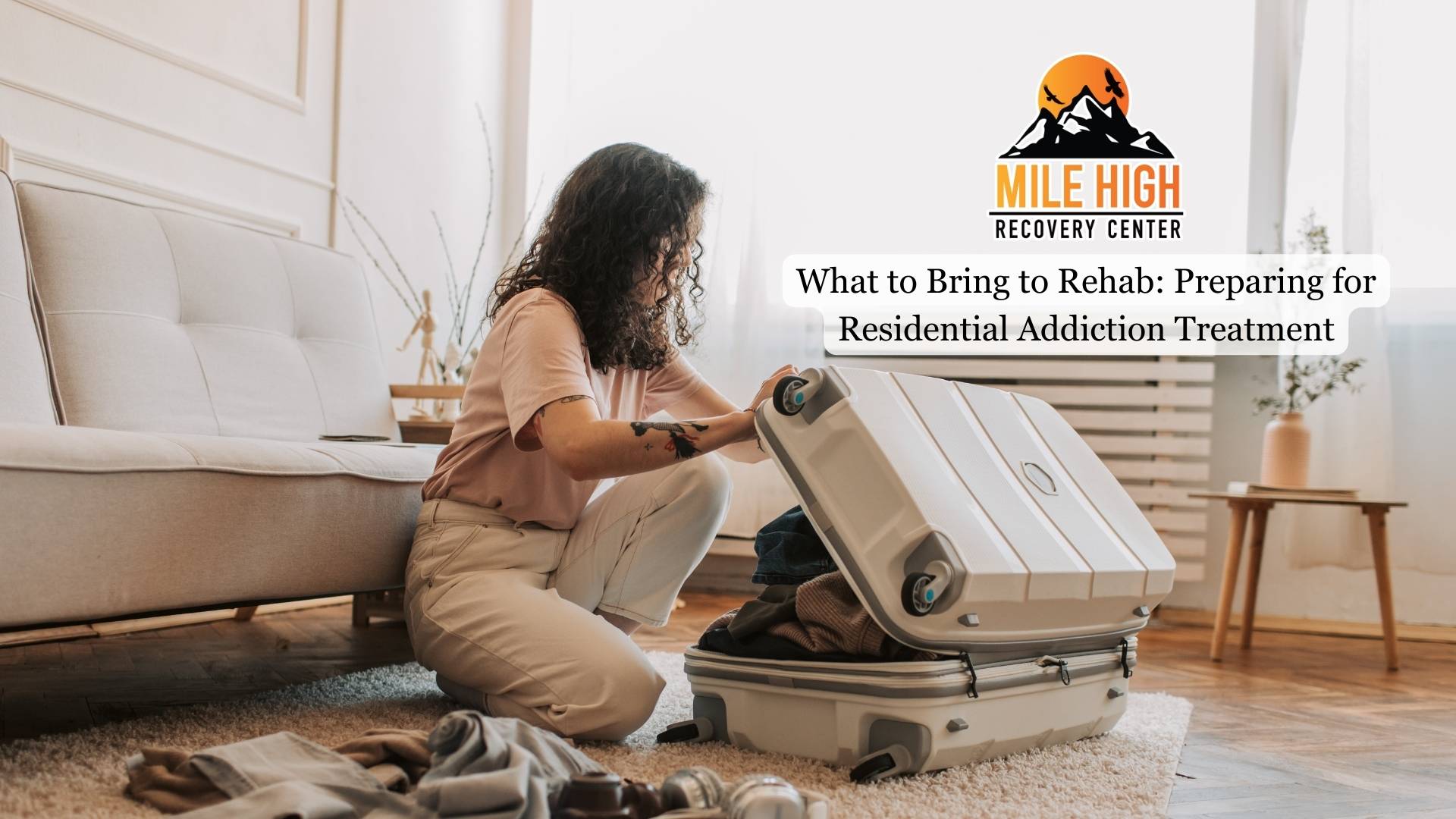Teen substance abuse, whether involving drug or alcohol use, can lead to serious health problems and disrupt a young person’s path to recovery, if not addressed early. Residential treatment centers offer a comprehensive treatment approach designed specifically to help teens struggling with addiction and co-occurring mental health issues.
This guide for parents aims to provide a clear understanding of residential treatment for adolescent substance abuse, what to expect during the treatment process, and how to support your teen and family throughout recovery.

What Is Residential Treatment for Teens?
If your teenager is struggling with substance abuse or addiction, seeking help at a teen rehab can be a pivotal step toward healing and recovery. Residential treatment programs provide round-the-clock care in a structured setting for adolescents dealing with substance use disorders.
Teens live onsite for 30 to 90 days or more, receiving intensive, personalized treatment from a team of addiction and mental health professionals. Treatment typically includes a combination of individual therapy, group therapy, family counseling, educational support, and recreational activities, all tailored to the unique needs of each adolescent.
Why Choose Residential Treatment for Your Teen?
Residential substance use program is often necessary for teens who need a higher level of care than outpatient services can provide. These programs offer a safe, substance-free environment that removes harmful influences and addresses both addiction and co-occurring mental health disorders like anxiety or depression. With evidence-based therapies and comprehensive support, residential treatment helps teens build coping skills, emotional strength, and healthy habits for lasting recovery.
What to Expect from Residential Treatment?
Structured Daily Schedule
During a stay in a residential treatment center, teens follow a carefully structured daily schedule that balances therapy, education, and recreational activities. This well-rounded routine helps address not only substance use but also supports overall adolescent growth and development. By providing a predictable and safe environment, teens can focus on healing and building new, healthy habits.
Therapeutic Approaches
Residential treatment programs offer a variety of evidence-based therapies tailored to the unique needs of adolescents. Common therapeutic modalities include:
- Cognitive-Behavioral Therapy (CBT): Helps teens identify and change negative thought patterns related to addiction.
- Motivational Interviewing: Encourages intrinsic motivation to embrace recovery and make positive life changes.
- Trauma-Informed Care: Addresses past trauma that may contribute to substance abuse and mental health challenges.
These therapies work together to treat both the addiction to alcohol or drugs and any underlying mental health issues, providing a comprehensive approach to healing.
Family Involvement and Support
Family therapy is a critical component of residential treatment, fostering communication and repairing relationships that may have been strained by substance use. Involving parents and caregivers in the treatment process empowers them with tools and understanding to support their teen’s ongoing recovery. This collaborative approach helps create a strong support system that extends beyond the treatment center.
Life Skills and Emotional Regulation
Beyond therapy, treatment providers emphasize teaching essential life skills and emotional regulation techniques. Teens learn how to manage stress, handle triggers, and develop healthy coping mechanisms. These skills are vital for overcoming addiction and preparing for a successful transition back to everyday life, including school, social environments, and family settings.
Peer Support and Community
Residential programs also foster a supportive peer community where teens can connect with others facing similar challenges. This sense of belonging and mentorship encourages accountability, reduces feelings of isolation, and reinforces commitment to sobriety throughout the treatment process.
How to Choose the Best Residential Treatment Center for Teens
The best residential treatment facilities provide a nurturing environment that supports teens and their families throughout the recovery journey. It’s important to look for accredited treatment centers that specialize in adolescent substance abuse and offer comprehensive treatment services, including mental health treatment and educational support.
Parents should inquire about the treatment types offered, staff qualifications, and how the center integrates family therapy into the treatment plan. Understanding insurance coverage, costs, and aftercare options will help parents make informed decisions.

What Parents Should Expect During Treatment
The treatment process begins with a thorough assessment and intake, allowing treatment providers to understand the teen’s substance use and mental health history. Parents often have access to regular updates and family therapy sessions, which foster communication and involvement in the teen’s treatment plan. It’s normal for parents to experience a range of emotions during this time, from hope to anxiety.
Understanding the importance of boundaries and supporting without enabling is essential. Many parents find that staying engaged and educated about addiction and recovery helps them better support their teen’s treatment and healing.
Supporting Your Teen After Residential Treatment
Recovery does not end when the teen leaves the residential treatment center. Aftercare services, including outpatient therapy, support groups, and sober living environments, are vital to maintaining sobriety and preventing relapse. Parents play a key role in monitoring for signs of drug or alcohol misuse and encouraging healthy routines.
Open communication, continued family therapy, and patience are necessary as teens navigate the challenges of reintegration into school and social settings. Supportive parents can help teens build a strong foundation for lifelong recovery.
Final Thoughts from Mile High Recovery
Residential treatment for substance addiction offers a structured, evidence-based approach that helps teens overcome substance use problems and co-occurring mental health issues. With the right support and comprehensive treatment, many adolescents with substance use problems can build a healthier, addiction-free future.
For families with teens struggling with substance use or mental health challenges, Mile High Recovery offers teen residential treatment programs in Denver, CO tailored to the specifics of their age group. In addition, we provide detox services, inpatient care, and intensive outpatient support for individuals who need a comprehensive path to healing and recovery.







